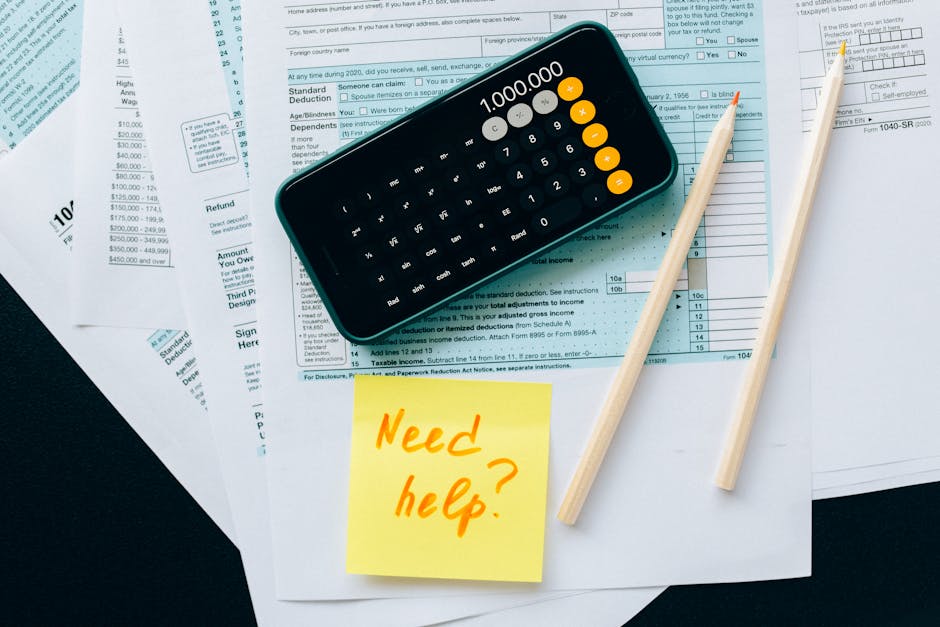Investors: beware of Land Tax changes in 2024
The threshold has changed.
A Buyer’s Guide to Understanding Land Tax in Victoria 2024
If you own an existing investment property in Melbourne, you may face a land tax assessment for the first time. As of the 1st of January 2024, the land tax threshold has temporarily lowered from $450,000 to $50,000. What this means for property investors, is that if you own property worth over $50,000 – according to the State Revenue Officer (SRO)’s valuation, you will be liable to pay land tax – even if you were not required to pay land tax in the past.
More generally, here’s a comprehensive breakdown to help you navigate land tax:
Demystifying Land Tax
Land tax is an annual levy imposed on the total taxable value of all land you own in Victoria, excluding certain exemptions such as your primary residence. It’s calculated based on site values determined by the Valuer-General Victoria as of December 31st of the previous year.
Who Needs to Pay Land Tax?
As a property purchaser in Victoria, land tax applies to investment properties. If you’re buying residential rental properties, commercial spaces, holiday homes, or vacant land as investments, you’ll likely be liable for land tax.
From the 1st of January 2024, if the total taxable value of the non-exempt land you own equals or exceeds $50,000 (or $25,000 for trusts), you’re obligated to pay land tax. So unless you’re buying a carspace as an investment, most likely, your investment will incur land tax. Even some carspaces can be worth that and will also incur land tax in applicable circumstances.
Why Might You Receive a Land Tax Assessment for the First Time?
Here are common scenarios where you might face a land tax assessment as a property purchaser:
- Property Purchase: Acquiring non-exempt land triggers land tax obligations from the time of purchase.
- Changes in Exemptions: If exemptions previously applied to the property are no longer valid (e.g. if a property you’re purchasing was once a primary residence but is now an investment property), you’ll be liable for land tax.
- Increased Property Value: Significant appreciation in the value of your non-exempt land/property may push you over the land tax threshold, resulting in a land tax assessment.
Navigating Land Tax in Victoria 2024, as a Property Purchaser
Here’s how to manage your obligations effectively:
- Budgeting: Factor in potential land tax liabilities when budgeting for your property purchase to ensure you’re financially prepared.
- Seek Expert Advice: Consult with experienced professionals, such as conveyancers or your accountant, to understand your specific land tax obligations and plan accordingly.
- Explore Exemption Options: Familiarise yourself with available exemptions to minimise your tax liabilities wherever possible.
Feel free to call our office for further information about these Victorian Land Tax Changes. Our friendly conveyancing team would be delighted to assist you.
** Blog posts do not constitute advice. Please consult the State Revenue Office for further guidance on land tax in Victoria who can provide guidance based on your individual circumstances.

